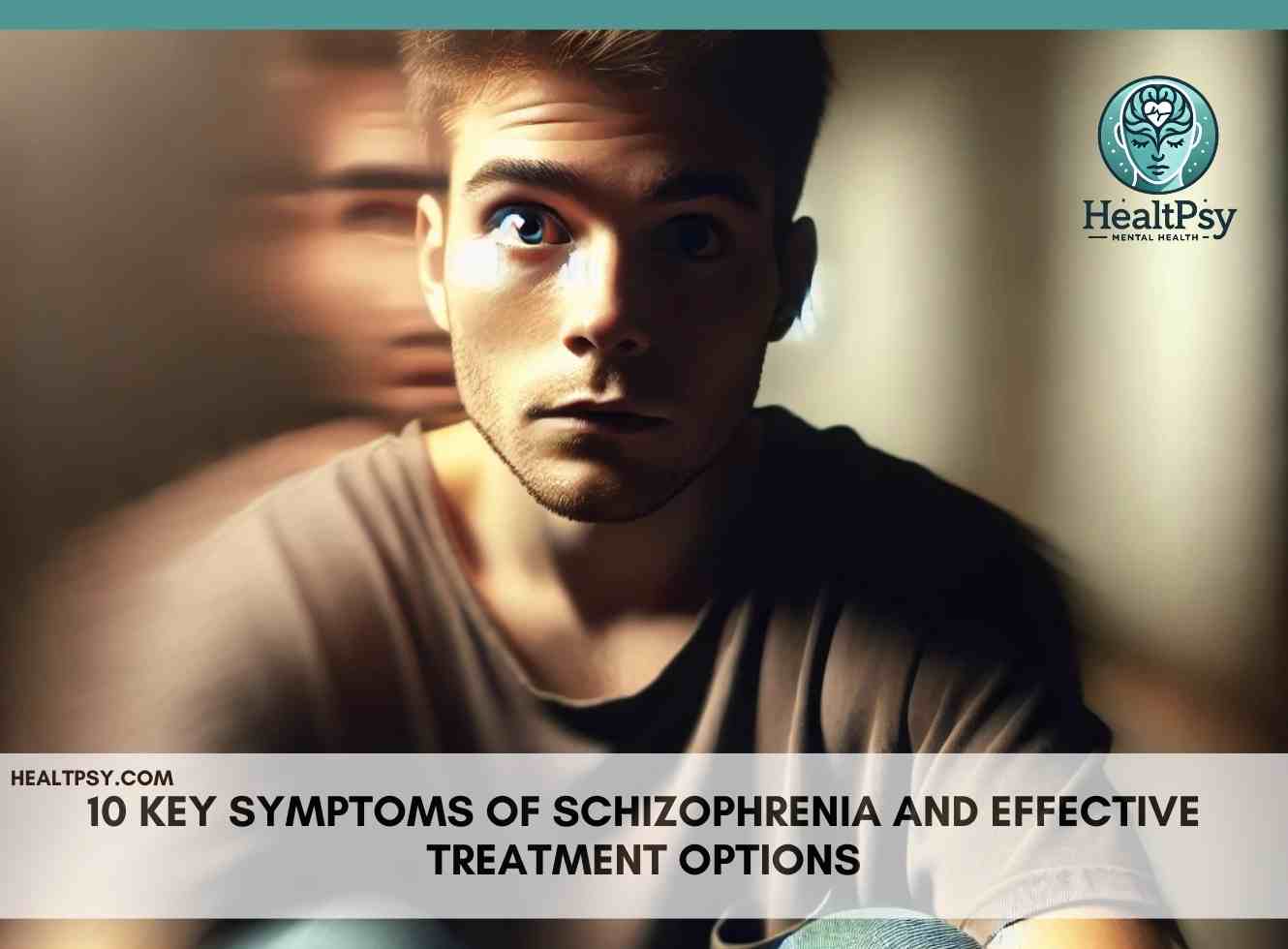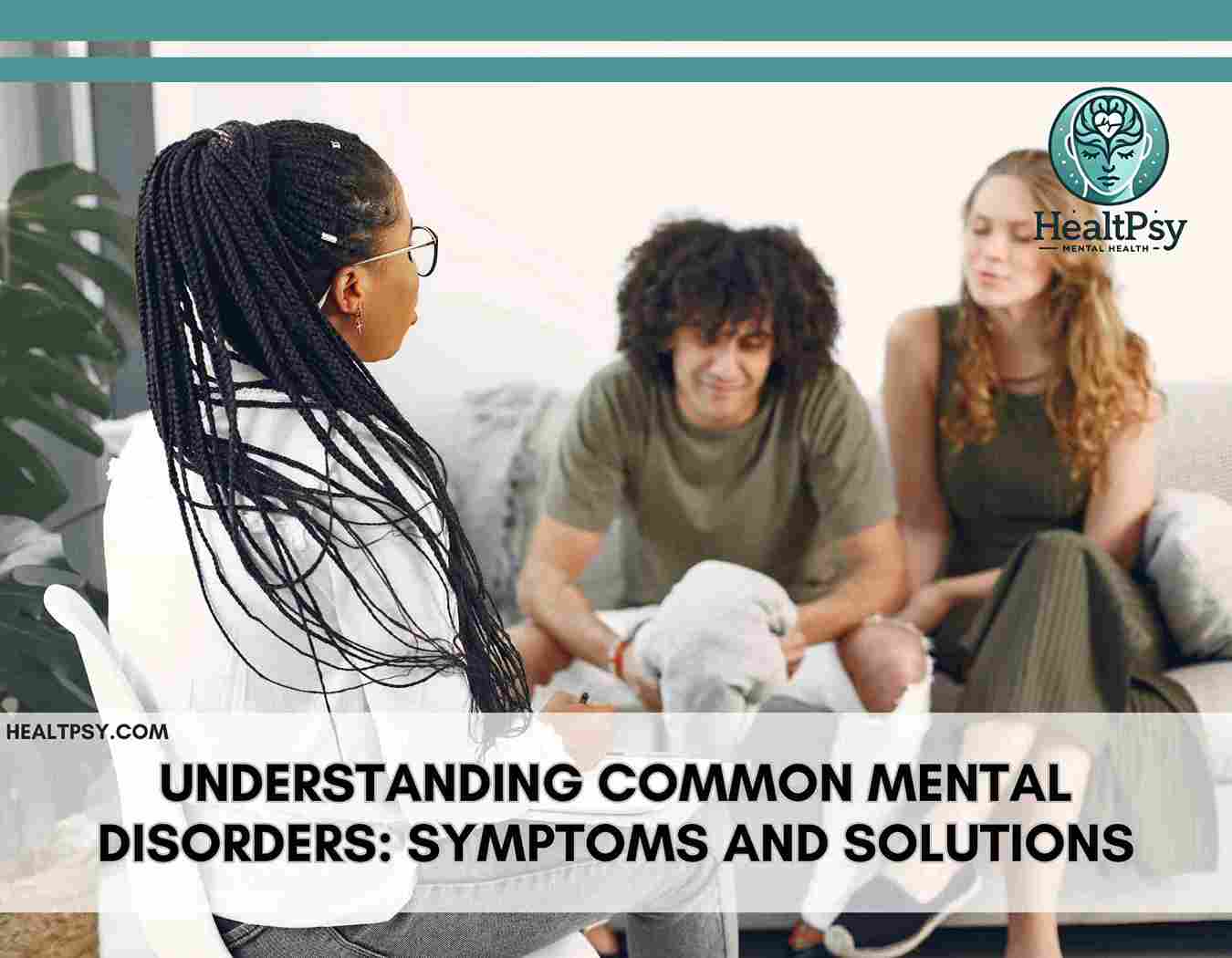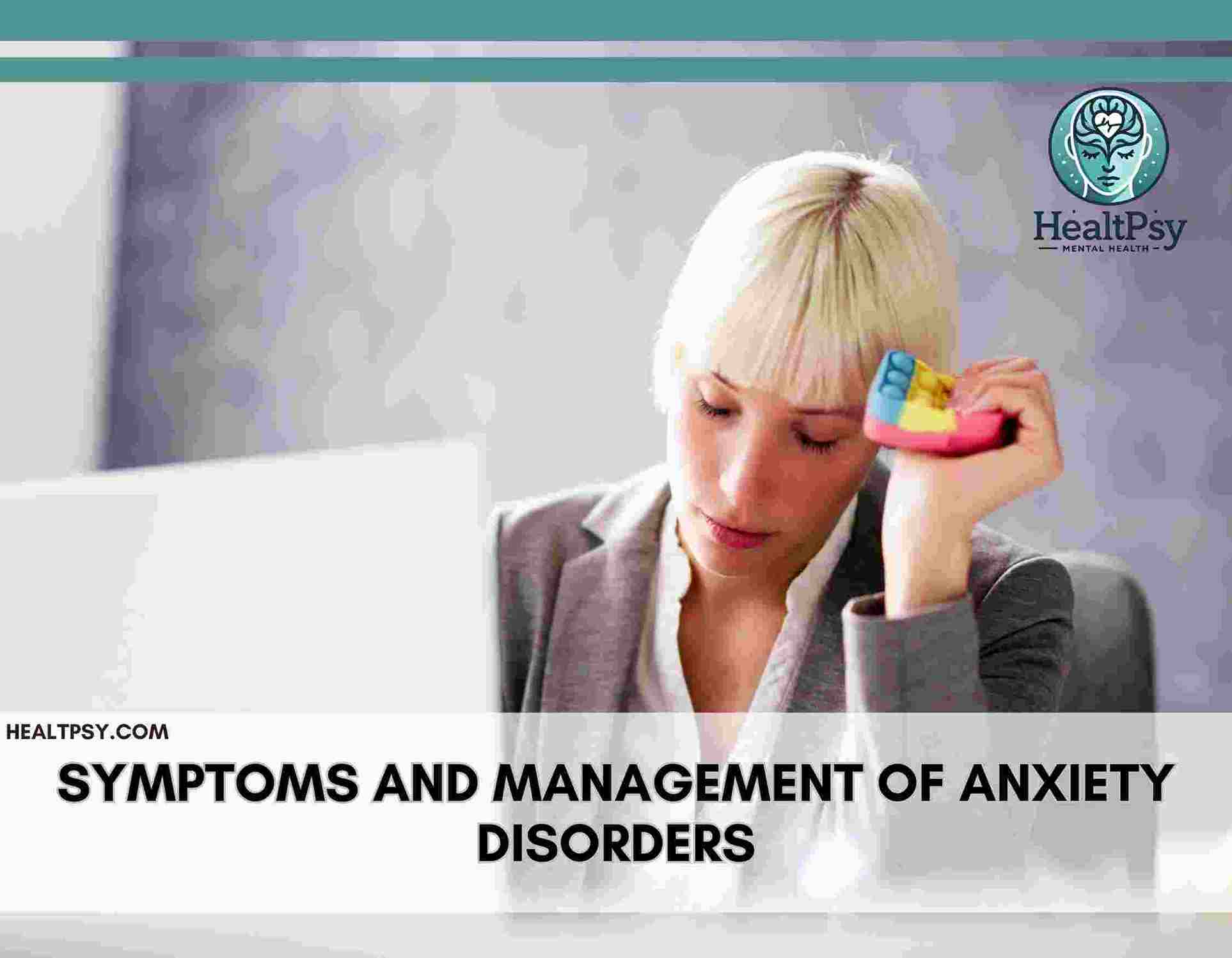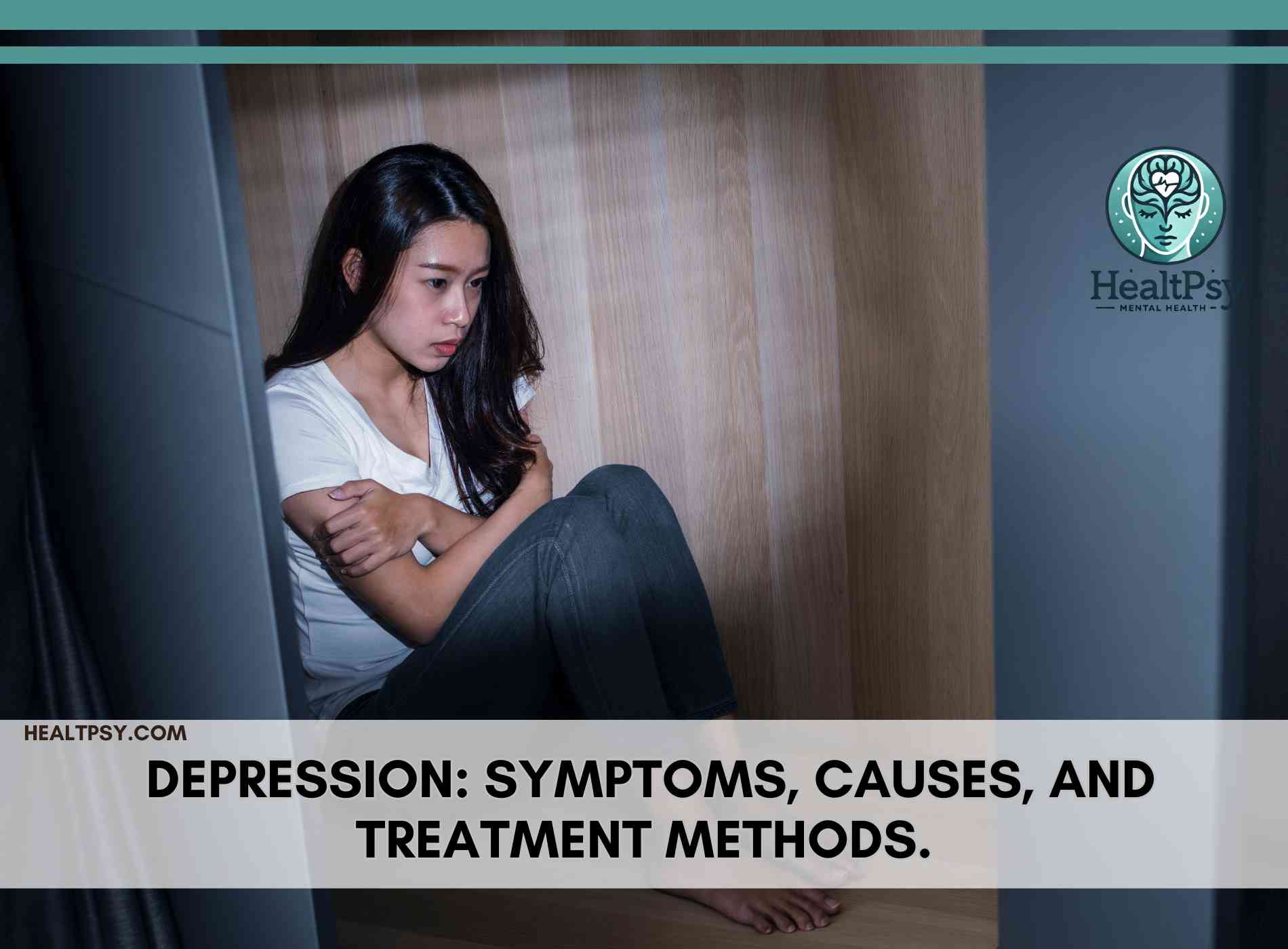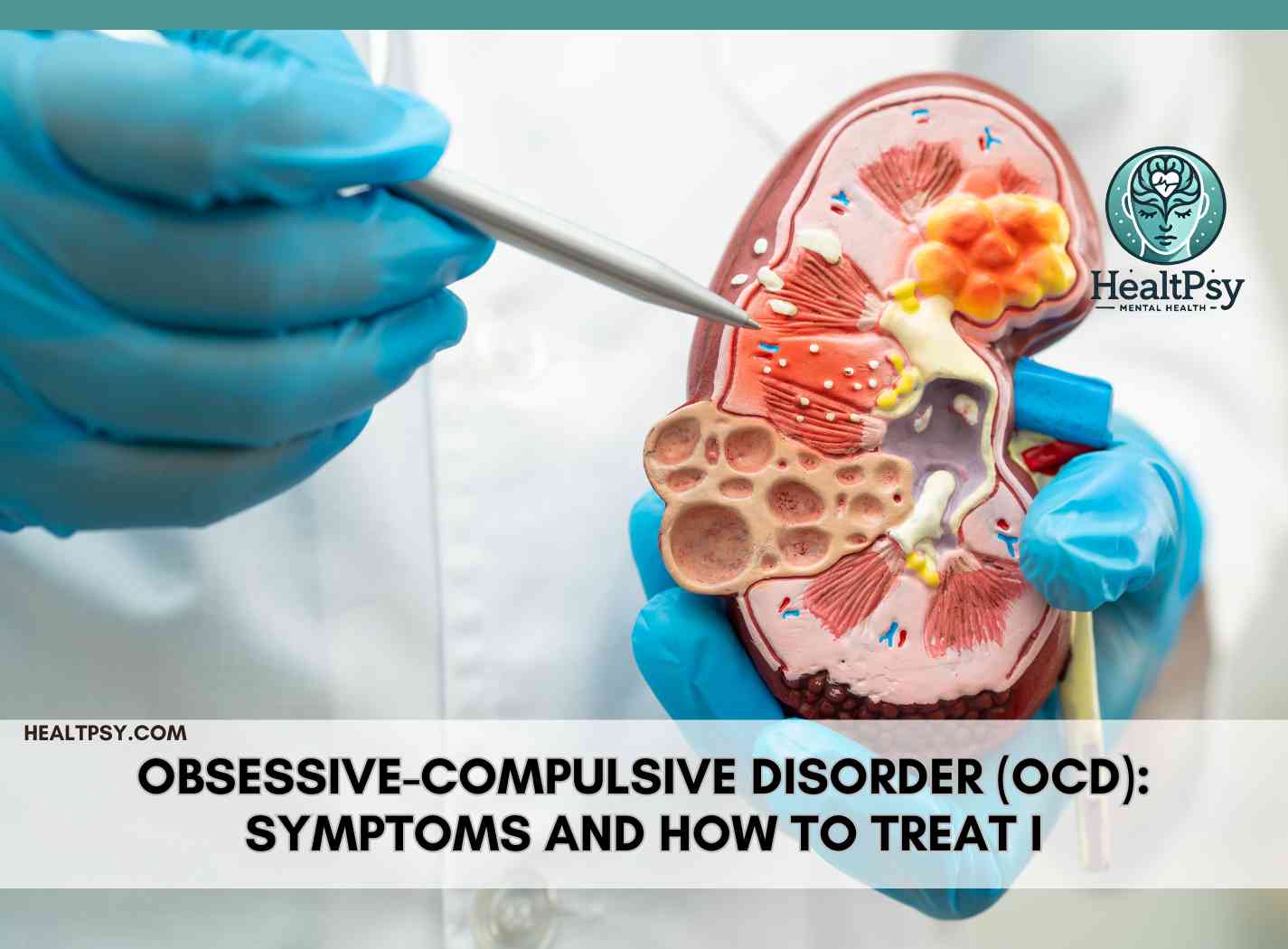10 Key Symptoms of Schizophrenia and Effective Treatment Options
Introduction
Schizophrenia is a severe and chronic mental disorder that affects a person’s thoughts, emotions, and behaviors. It often leads to difficulty in distinguishing reality from delusions, causing distress for both individuals and their families. Early recognition of symptoms of schizophrenia and appropriate treatment can significantly improve the quality of life for those affected. This article explores 10 key symptoms of schizophrenia and the most effective treatment options available today.
What is Schizophrenia?
Schizophrenia is a complex mental health disorder characterized by disruptions in thinking, perception, emotions, and behavior. It is a lifelong condition, but with proper management, individuals can lead functional lives. The exact cause is unknown, but a combination of genetic, neurological, and environmental factors plays a role in its development. Recognizing symptoms of schizophrenia early can lead to better outcomes.
10 Key Symptoms of Schizophrenia
Schizophrenia manifests in various ways, but the most common symptoms of schizophrenia fall into three categories: positive symptoms, negative symptoms, and cognitive symptoms.
1. Hallucinations
One of the hallmark symptoms of schizophrenia is experiencing sensory perceptions that are not real. The most common type is auditory hallucinations, where individuals hear voices that others cannot.
2. Delusions
Delusions are strong false beliefs that persist despite evidence to the contrary. Some common types include:
- Paranoid delusions: Believing others are plotting harm.
- Grandiose delusions: Believing oneself to have special powers or status.
- Delusions of reference: Believing that external events have personal significance.
3. Disorganized Thinking
Individuals with schizophrenia often have disorganized speech and thought patterns, making it difficult to communicate coherently. They may jump between unrelated topics or create words that do not exist.
4. Lack of Motivation (Avolition)
A significant reduction in the ability to initiate and sustain goal-directed activities is common in symptoms of schizophrenia. Tasks such as maintaining personal hygiene or completing daily responsibilities may seem overwhelming.
5. Emotional Withdrawal and Flat Affect
People with schizophrenia may exhibit limited emotional expression, such as a monotonous voice or lack of facial expressions. They may also withdraw from social interactions and lose interest in relationships.
6. Catatonia and Motor Disturbances
Catatonic behavior refers to abnormal body movements, ranging from complete unresponsiveness to agitated and repetitive movements.
7. Poor Concentration and Memory Impairment
Cognitive impairments are common symptoms of schizophrenia, affecting attention, problem-solving skills, and memory. This makes daily functioning more difficult.
8. Social Withdrawal and Isolation
People with schizophrenia often avoid social interactions due to paranoia, fear, or negative symptoms, leading to increased isolation.
9. Anosognosia (Lack of Insight)
Many individuals with schizophrenia do not recognize they have a disorder, making treatment adherence challenging.
10. Suicidal Thoughts and Self-Harm
Schizophrenia significantly increases the risk of self-harm and suicide, making early intervention and ongoing support critical.
Causes and Risk Factors
The development of schizophrenia is influenced by multiple factors:
- Genetics: Family history increases the risk.
- Brain Chemistry: Imbalances in dopamine and glutamate play a role.
- Environmental Triggers: Trauma, viral infections, and substance abuse may contribute.
- Neurodevelopmental Factors: Abnormal brain development during fetal stages.
Effective Treatment Options for Schizophrenia
Although schizophrenia has no cure, various treatment strategies help manage symptoms of schizophrenia and improve daily functioning.
1. Antipsychotic Medications
First-line treatment for schizophrenia involves antipsychotic drugs that help reduce hallucinations, delusions, and disorganized thinking. These include:
- First-generation antipsychotics: Haloperidol, Chlorpromazine.
- Second-generation antipsychotics: Risperidone, Olanzapine, Clozapine.
2. Cognitive-Behavioral Therapy (CBT)
CBT helps individuals identify and challenge delusions, develop coping skills, and improve emotional regulation. Learn more about psychotherapy techniques here.
3. Family Therapy and Support Networks
Family therapy provides education and guidance to loved ones, ensuring they understand schizophrenia and offer supportive caregiving.
4. Social Skills Training
Rehabilitation programs help individuals develop communication, self-care, and vocational skills to improve independence.
5. Lifestyle Modifications and Self-Care
Engaging in regular physical activity, mindfulness, and maintaining a stable routine can enhance mental well-being. Learn more about mindfulness techniques here.
6. Hospitalization for Severe Cases
In cases of severe psychosis, suicidal tendencies, or inability to care for oneself, hospitalization may be necessary for stabilization.
7. Peer Support and Community Resources
Connecting with support groups and mental health advocacy programs can provide encouragement and social connection.
8. Electroconvulsive Therapy (ECT) for Treatment-Resistant Cases
In some instances, ECT is used to manage severe symptoms when medications prove ineffective.
9. Addressing Substance Abuse
Substance use can worsen symptoms of schizophrenia. Dual diagnosis treatment addresses both conditions simultaneously.
10. Long-Term Monitoring and Follow-Up Care
Schizophrenia requires ongoing medical supervision to prevent relapses and ensure stability.
National Institute of Mental Health (NIMH)
World Health Organization (WHO)
American Psychiatric Association (APA)
Conclusion
Schizophrenia is a complex but manageable disorder when identified early and treated appropriately. By recognizing the 10 key symptoms of schizophrenia and utilizing the right treatment strategies, individuals can lead fulfilling lives. Early intervention, medication, therapy, and community support play a critical role in managing this condition effectively. Seeking professional help is the first step toward long-term stability and well-being.
Key Takeaways
- Schizophrenia is a complex mental disorder that affects thought patterns, emotions, and behaviors.
- Symptoms of schizophrenia include hallucinations, delusions, disorganized thinking, and social withdrawal.
- Early diagnosis and treatment can improve long-term outcomes and quality of life.
- Antipsychotic medications, therapy, and lifestyle modifications are key treatment strategies.
- Support from family, mental health professionals, and peer groups is crucial for managing schizophrenia effectively.
you might also like

